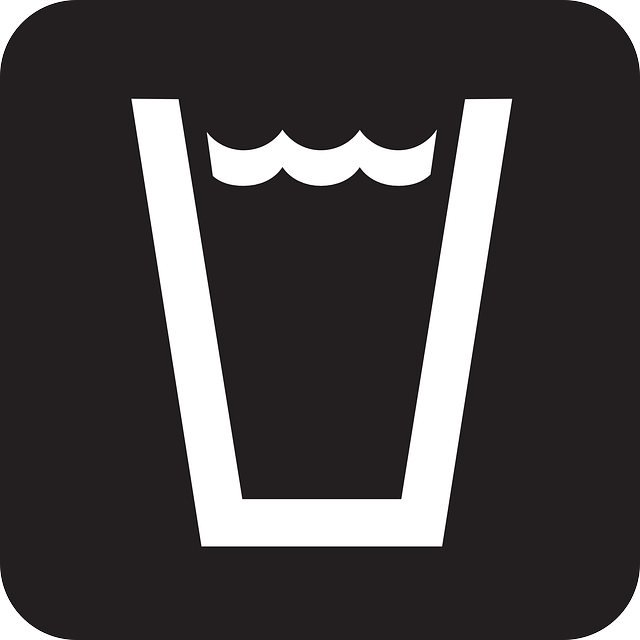
Having fresh drinking water is something I think most people take for granted. But if the faucets quit running, or the water coming out of them is unsafe, we would quickly find ourselves in trouble! The rule of threes tells us that the average human can go three days without water. But that doesn’t say how bad you’ll be feeling after just one day without water. It doesn’t say that if the temps are hotter you could very well have less than three days to live without water.
The rule of threes also doesn’t say how people will act when they realize they can’t depend on the tap to give them safe drinking water. Over the last few years I have read of multiple water main breaks, or accidental spills that polluted various cities’ water supplies. In many of these cases I have read of fist fights breaking out; people fighting over a case of water bottles. As I’ll point out below, when it comes to water, there is no silver bullet that will take care of all of your water needs.
Water Filters and Purifiers
I firmly believe everyone should own a water purifier as a part of their preps. However, this is not a silver bullet that will fix all of your water problems. You may remember hearing about the the chemical leak in West Virginia that left 300,000 people without drinkable water. A company had a tank containing a compound called 4-Methylcyclohexane Methanol that leaked into a local river. As it turns out, this compound is too small to be filtered out by even the best water filters.
One other thing to keep in mind about purifying water is that many means of purifying only take care of bacteria and viruses. Boiling, for example, will kill all bacteria and viruses by the time the water begins to boil but will not remove any of the chemicals that were in that water. The same can be said for UV purifiers, Iodine and water purification tablets.
Water Storage
There is a rule of thumb about water storage that says to store one gallon of water per person per day for drinking. My problem with this rule is that I drink that much per day now, and I am not exerting myself like I might be when the stuff begins to fly. The temps where I live are also much cooler than they will be in a few months. I have also heard people say to store two gallons, using the second gallon for cooking and cleaning. I think this number is actually safer, but now you need to increase the amount of storage needed.
I have seen some water storage systems that use multiple 55 gallon food grade drums to store water. While this is a great idea, it requires a good amount of space to house the drums, not to mention the cost of the barrels.
I Own a Well
Owning a well takes care of some of the water problems, but not all of them. The pumps are electricity driven, so if the grid goes down, or your pump breaks down, you have water, but no way to get to it. You could switch to a solar powered pump and have a spare, but I have no idea if this is cost effective.
Water Procurement
What I mean by “water procurement” is the ability to find water nearby (within walking distance) that you could bring home to purify. I can think of five places nearby where I could get water, but I live in the land of 10,000 (actually closer to 20,000) lakes, not to mention rivers, streams, ponds and so on, so I realize I have it easier than some of you in this regard.
Here are a few places that are not natural bodies of water that I keep in mind for procuring water. Nearby swimming pools; yes they have chlorine but that will off-gas in a matter of days. Depending on where you live, hot water heaters also hold 30-40 gallons (some more). I had two rain barrels going last year. Within minutes of a moderate rainfall, they were both full. The water was filthy, so it would definitely need to be filtered.
Putting it All Together
We don’t know what might happen to threaten our supply of drinking water, so there is no single silver bullet solution. What is the answer to this problem? Redundancy! I think it is wise to consider all of the above and incorporate them into your preparations. Have some water stored to get you through small emergencies, but also know multiple locations near you where you can procure more water, be they natural or man-made. Have a means to purify that water!
Please click here to vote for Prepared Christian as a top Prepper site!
If you liked this article please think about sharing it on the social media listed below, thanks!



